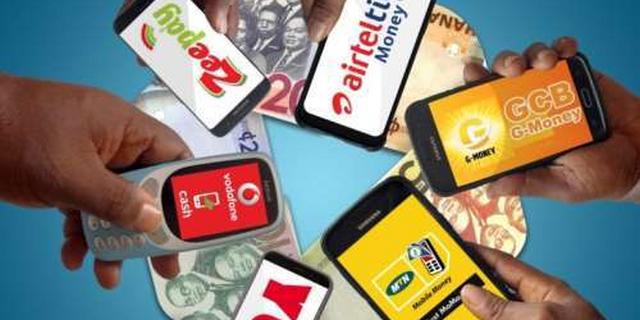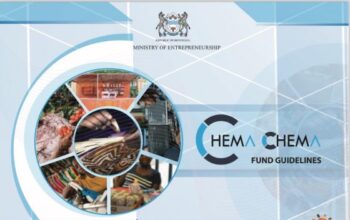E-levy, which simply means Electronic Levy, has become a major news discussion in Ghana recently since Parliament and the government of Ghana approved it. Many Ghanaians ponder a lot about how the E-levy has affected them financially and the best way to transact mobile money (MOMO) and other transactions and skip the E-levy charges. Here are steps to guide you in the full list of Transactions the E-Levy Will cover and those which it’ll not cover.
What Is E-Levy?
- E-Levy which means Electronic Levy.
- E-Levy is an Electronic Transaction Levy
- E-Levy is a tax applied on transactions made on electronic and digital platforms in Ghana
- The E-Levy was introduced by the Government of Ghana to tax all electronic transactions in the informal sector to broaden the tax net.
- The E levy will affect five principal transactions such as mobile money transfers, bank-to-bank transfers, bank-to-mobile money transfers, and online payment transactions with payment platforms such as Visa Card, Master Card, and PayPal among others.
Read Also: How to Register for GhanaPay Mobile Money
What Is The E-levy Charge?
E Levy charges require a 1.5% tax deduction from electronic transactions along with mobile money transfers, bank-to-bank transfers, bank-to-mobile money transfers, and online fee transactions with payment platforms which include Visa Card, Master Card, and PayPal amongst others.
E-Levy Charges On Mobile Money
- A 1.5% tax will be deducted from Mobile money transactions between Mobile money accounts exceeding GHS100.
- What this means is that an amount of 1.5% will be deducted from all mobile money transfers above however withdrawal of money from mobile money accounts will not be taxed.
- The E Levy Charges will not affect mobile money transfers of or less made by one person in a day.
- However, all person-to-person mobile transactions such as sending money to another account.
- payment for goods and services, payment of utilities among other electronic transactions will be affected.
- In addition, all Merchant payments and payments made with point-of-sale (POS) devices will equally be affected.
The Five(5) Major Transactions Affected By The E-Levy
- Mobile Money (MOMO) transfer between users on the same network.
- Mobile Money (MOMO) transfer between users on different networks.
- Transfer from a bank account to MOMO accounts.
- Transfers from MoMo accounts to bank accounts.
- Inter-bank transfers using digital platforms including mobile applications.
Read Also: Best Online Mobile Money Loan Apps in Ghana
How To Calculate E-Levy Charges
E-Levy Ghana Charges Exempted;
- There will be no E-Levy Charges on cumulative transfers of GHS100 per day made by the same person.
- There will be no E-Levy Charges on transfers between accounts owned by the same person.
- There will be no E-Levy Charges on transfers for the payment of taxes, fees, and charges on the
- There will be no E-Levy Charges on the Electronic clearing of cheques.
- There will be no E-Levy Charges on merchant payments to commercial establishments registered with the GRA for income tax and VAT purposes.
- There will be no E-Levy Charges on Transfers between the principal, master agent and agent’s accounts.
How To Avoid E-Levy Payments
- Send an amount of GHS100 a day to your recipient till you have exhausted the entire amount you want to send. For instance, if you want to send GHS 500 a month to your mother, starting, with just sending GHS100 a day, every day till she receives GHS 500, then she can go and cash out.
- Use cash transactions instead of Mobile Money Transfers
- Make Payments with a Cheque
Read Also: 5 Business Ideas to Start in Ghana with Little or No Money in 2024



